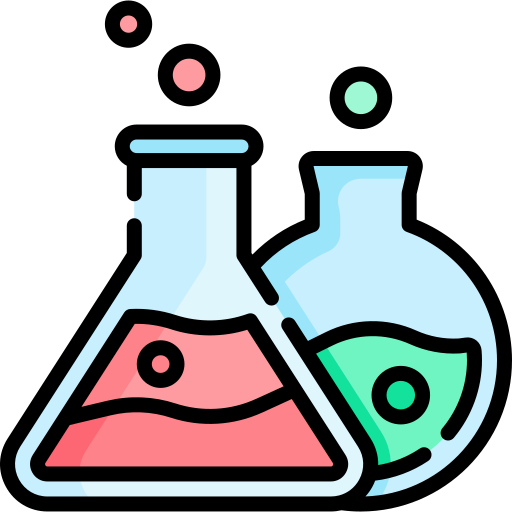Extraction Of Metals
Definition of metals Metals are defined chemically as elements which have the following general qualities [1]: They conduct electricity They have a metallic lustre They are malleable and ductile. They form cations. They have basic oxides. Occurrence In universe In seawater and in earth’s crust, metals are usually present in the form of ores or … Read more
